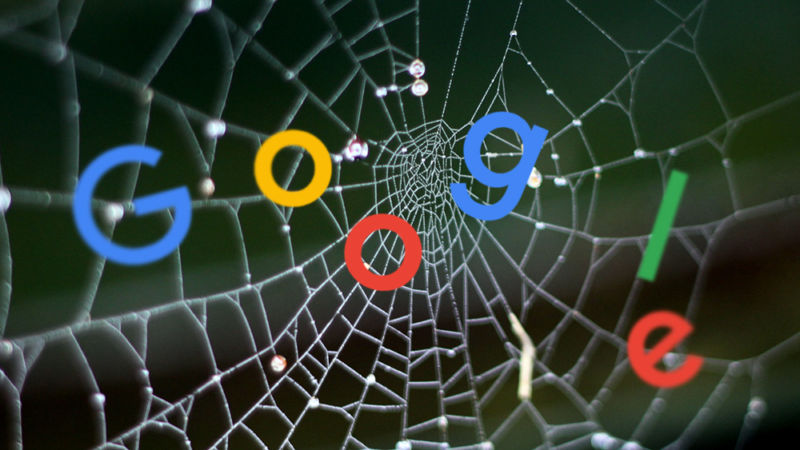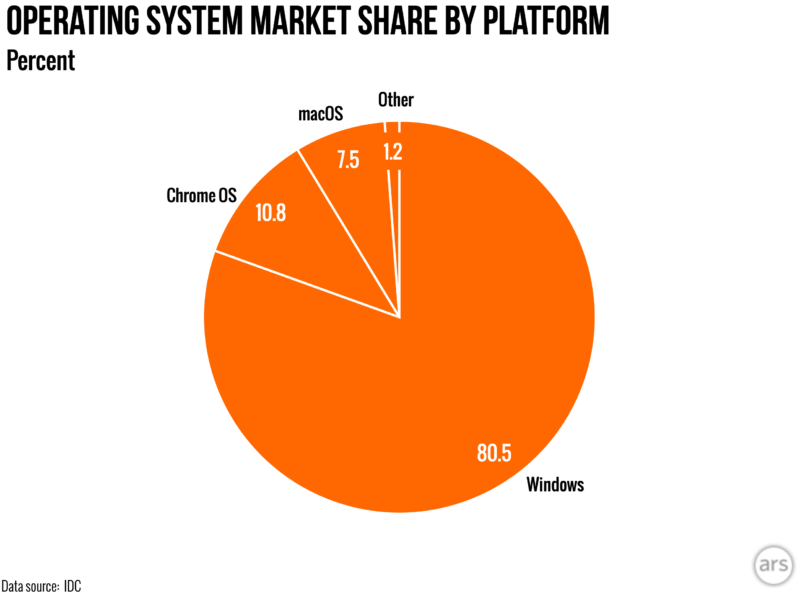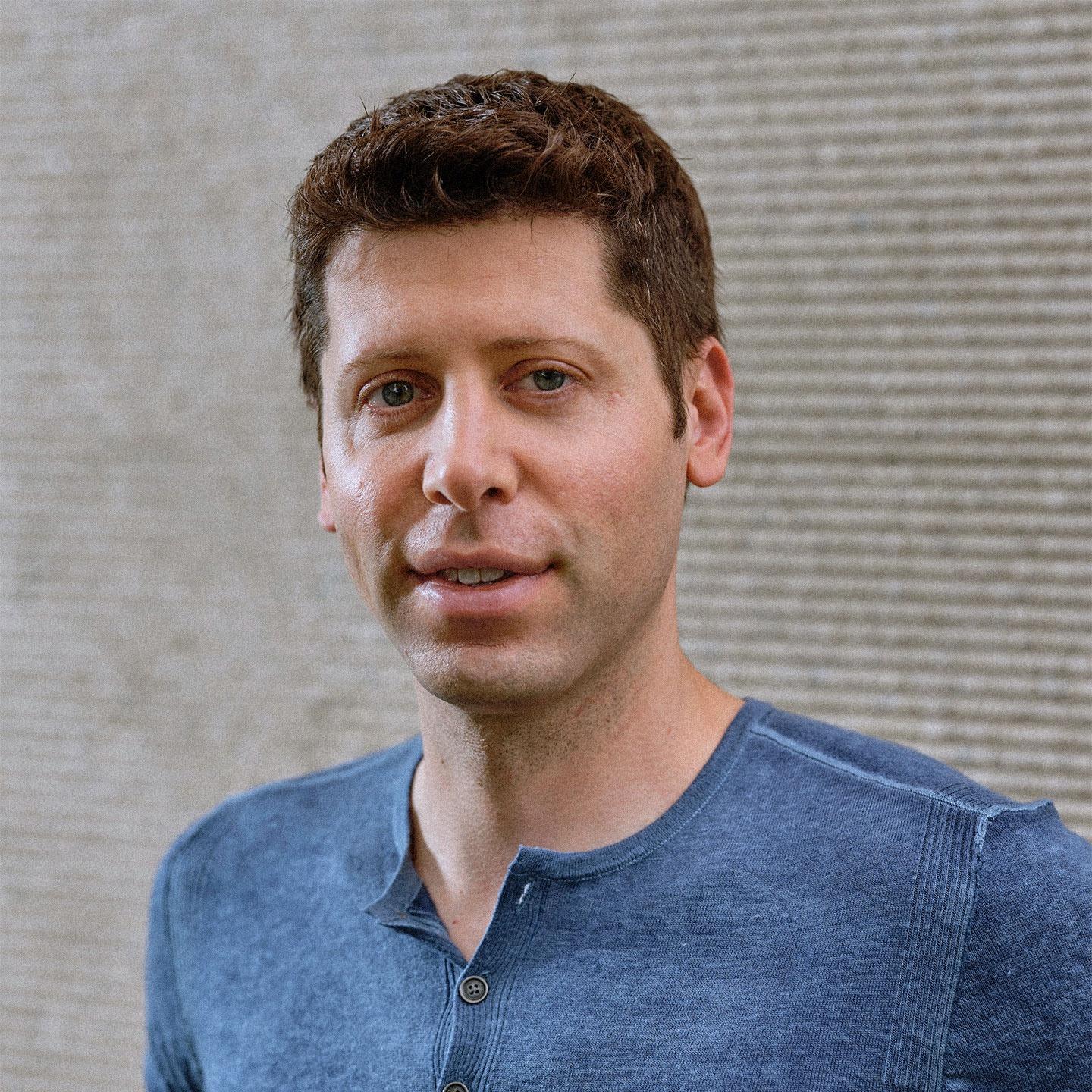
Google delays death of tracking cookies again, wants more time for “testing”
Chrome’s browser competitors Safari and Firefox have both been blocking third-party tracking cookies used by advertisers, by default, for over two years now. Google, the world’s largest advertising company, totally wants to match its competition and reduce user tracking; it will just take a little longer to do it. Google’s latest blog post details the second delay to the shutdown of third-party tracking cookies. Google says it will now support the tracking method until “the second half of 2024....








